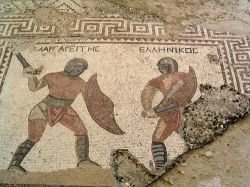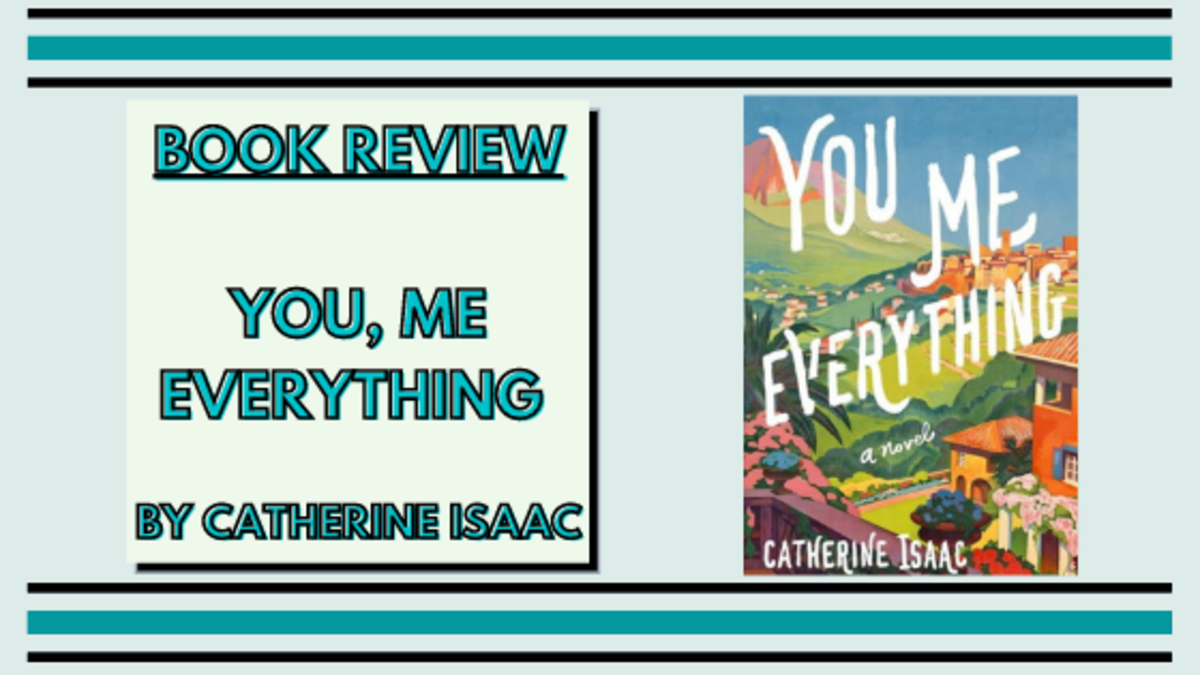For Your Reading Pleasure: The Hunger Games

A Well-Written Warning
History repeats itself. And, if Suzanne Collins' dystopian novel The Hunger Games is any indication, it will do so far into the future.
Dire predictions for the fate of the human race have long been the stuff of futuristic novels as diverse as The Time Machine, 1984, and The Road. While no Pollyanna, I prefer to think that a brighter future awaits my fellow beings. For that reason, I am not a fan of the genre (although I have read and enjoyed all of the cited stories).
Nonetheless, I picked up The Hunger Games primarily because of its popularity -- I had to know what all of the fuss was about.
What I found was a well-crafted novel which, if not original, certainly provided an engaging warning for us all: do not get complacent and allow elitists to take control; do not lose compassion or fail to cooperate with fellow humans: involvement and empathy will enable us to survive and, with time, overcome.
Introduction Photo of the movie's DVD jacket from Amazon.com.


What It's About
The setting is Panem: once called the United States. The time is the future. Rising ocean waters have eliminated the coastal communities that once provided abundance and political balance to the former United States. Countless other natural disasters befell the land, a result of global warming, causing the economic collapse and ultimate demise of the U.S. government and democracy. The population was pushed into a smaller land mass and, eventually, devastated by battles for what little remained of the country's food supply. To quell the fighting, the new government that was formed following these disasters (The Council) cordoned civilians into "Districts" - highly specialized areas of the country where the people were forced to produce or manufacture in accordance with the dictates of the leaders of Panem.
In the Districts, people are employed by the government in an industry of Panem's choosing: for example, District 12 mines coal, District 11 grows crops. There are a few "support" industries within each District (such as bakers and butchers and other vital services), but for the most part, the people do as the government dictates. Livelihoods are dependent upon The Council's commands. Starvation is common. Hope is absent.
As if the Districts are not bleak enough, the feudal lords of The Council have implemented additional tortures to keep the citizens of Panem perpetually humbled and fearful (and, therefore, under control): The Hunger Games.
What Makes It A Good Story


What Makes It A 5-Star Read
The Romans had their gladiators. The U.S. government had Indian reservations (far too like the Districts). Slavery has been common throughout history and still lives, in various forms, in many parts of the world today. Even in modern times, tyranny, repression, and cruelty dominate our headlines and shape our lives. Humans have oppressed one another since the dawn of time; other humans have fought against that oppression for as long.
The Hunger Games warns us of the dangers of totalitarian rule and hints at what is needed to overcome the tyranny. What I hope readers will take from this book is the need to prevent the formation of such governments in the first place. The 1% should not be set up to rule the 99% without checks and balances -- ever.
Whether or not the lessons of history are apparent does not diminish this book. The Hunger Games is an exciting adventure crafted from the familiar (Shirley Jackson's The Lottery and Stephen King's The Running Man) and the historic (gladiators and oppressed classes). It is a story of courage and survival, of human nature at its best and worst, of the power of compassion and cooperation. The Hunger Games is a good read.
Other Books by Suzanne Collins
Have you read The Hunger Games













